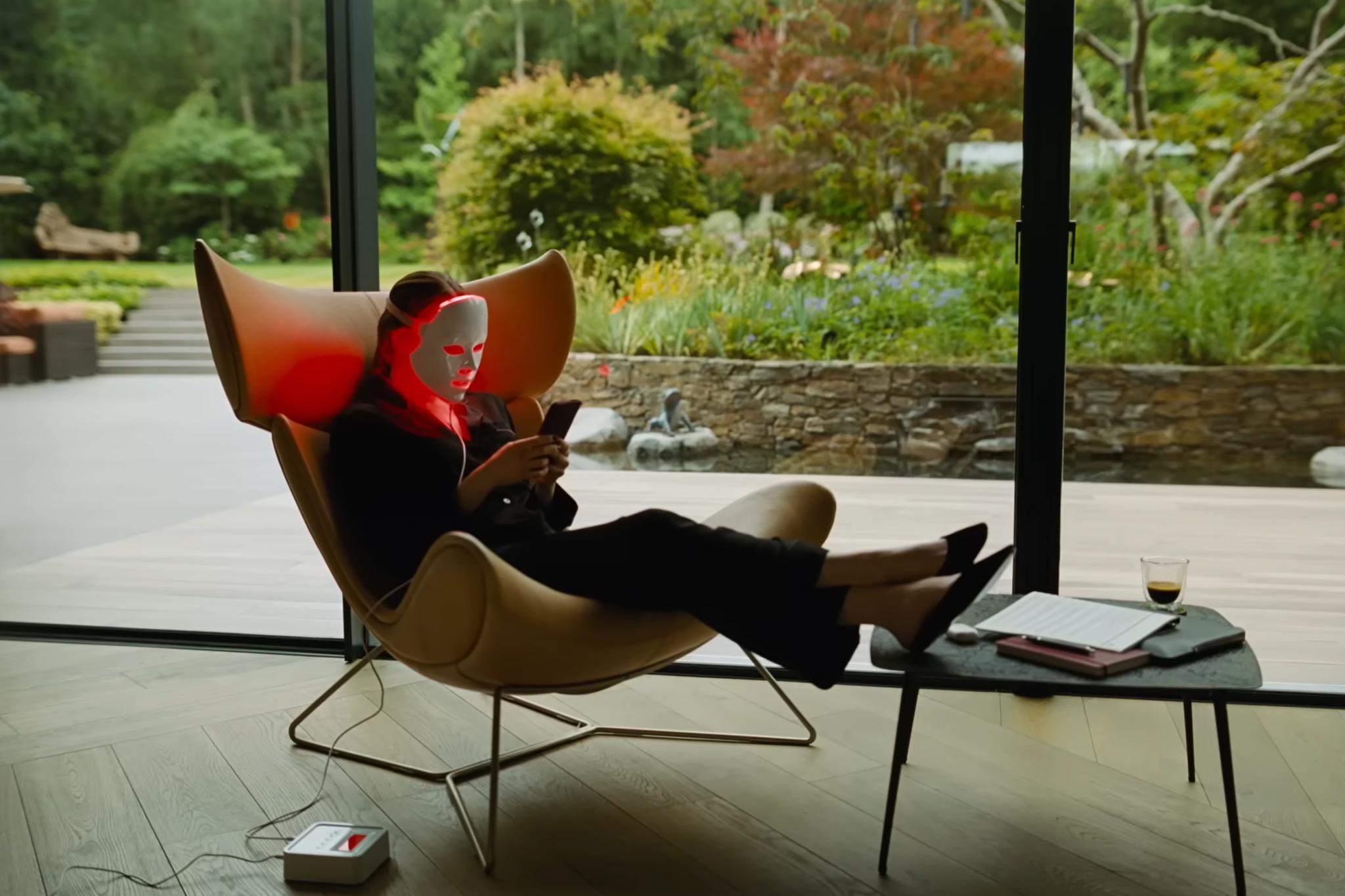Yorgos Lanthimos’ film, Bugonia, starring Emma Stone and Jesse Plemons, is a satirical dark comedy that examines power, belief, trauma and the link between all three.
Based on the Korean science fiction horror thriller, Save the Green Planet!, Lanthimos’ movie feels extremely well-timed, shining a spotlight on a society where conspiracy supplants truth and corporations consume the people they claim to serve.
Bugonia marks Stone’s fourth collaboration with Lanthimos, after 2018’s The Favourite, 2023’s Poor Things and 2024’s Kinds of Kindness. Stone’s performance in Poor Things earned the actor her second Oscar.
The film follows Plemons’ character, Teddy, a man tormented by personal trauma and delusion who becomes convinced Stone’s high-powered CEO Michelle is an alien infiltrating humanity for nefarious purposes. What begins as a bizarre thriller spins into an examination of corporate greed, exploitation and manipulation, all of which drive Teddy further into delirium.
[UMD students go for gold in D1 Mario Kart club]
The film’s treatment of Teddy’s pain highlights its discussion of class disconnect, suggesting the elite, at least in the world of the movie, are so disconnected from the working class they may as well be aliens.
Plemons and Stone’s dynamic on screen is thrilling, with the two locked in a psychological standoff and constantly attempting to outmaneuver each other. Stone gives a compelling performance as Michelle, intelligent, resolved and chillingly detached, embodying corporate power with extreme precision.
Teddy is terrifying and tragic, a man whose rage and trauma are pushing him past reason. He’s layered with complexity and frustration: unhinged and volatile, yet heartbreakingly human.
Their shared dynamic — one man’s enduring delusion against one woman’s insurmountable authority — triumphs.
Bugonia’s cinematography is extremely well-executed. It crafts beautiful shots, which perfectly encompass the disquieting world Lanthimos aims to create.
The film’s main spaces, Teddy’s home and Michelle’s pristine home and office, serve as visual reflections of the characters. Teddy’s home is mostly cluttered and unassuming, but his basement is grimy, cramped and distinctly utilitarian. Michelle’s spaces feel strategically curated, containing some elements of nature — but still being sparse and minimal — and ultimately feeling artificial.
Through it all, Lanthimos balances a persistent enforcement of his message alongside comedy. Though the film depicts fairly serious themes and subject matter, it doesn’t take itself too seriously.
In one particular scene, Michelle speaks to her assistant about her employees’ hours, saying she wants to discourage overworking and promote family time and relaxation but also encourages them to stay late to complete their work and meet their quotas.
The paradoxical dialogue of the scene, as well as Stone’s stellar acting, exemplifies the hypocrisy and pretension Michelle and her company demonstrate. They want to project an image of caring for their employees while lacking sincerity, keeping in line with the film’s recurring themes of facades, deception and exploitation.
[An ode to the plastic claw clip]
Ultimately, Bugonia depicts the desperate human need to believe in something, someone or any version of reality that allows us to rationalize our suffering and purpose. Bugonia confronts its audience with unwavering observations about complicity, conspiracy and contemporary society, forcing them to contemplate it long after they’ve left the theater.
Darkly hilarious, visually appealing and emotionally unsettling, Bugonia shows Lanthimos at his sharpest and most relevant. It’s not just a film to watch; it’s one to wrestle with.



